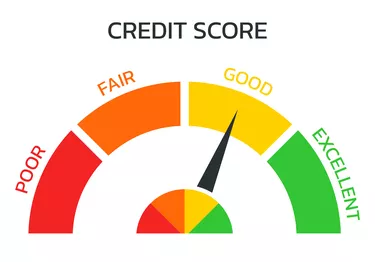

The Fair Credit Reporting Act, FCRA, governs the United States' credit reporting industry. All companies that file reports with the credit bureaus or conduct credit checks on consumers must adhere to the FCRA. Breaking the FCRA is a violation of federal law. Victims of illegal credit reporting practices and, in some cases, the Federal Trade Commission, can take action against companies that willfully or negligently misrepresent information.
Video of the Day
Any business that violates the FCRA through actions which it knows are against federal law is guilty of willful noncompliance. An example of willful noncompliance is a company continuing to report derogatory information to the credit bureaus after a consumer provides documentation proving the information is inaccurate.



Video of the Day
Consumers can file suit against both businesses and individuals for willful noncompliance under the FCRA. If the plaintiff wins the case, he is entitled to any actual damages he suffered as a result of the defendant's actions. The court may also award the consumer further damages of no more than $1000 but no less than $100 in addition to requiring the defendant to pay the plaintiff's legal fees.
Negligent noncompliance occurs when a company inadvertently, rather than intentionally, violates a consumer's rights under the FCRA. In the event an FCRA violation was negligent rather than purposeful, an individual can only sue for actual damages and is not entitled to receive additional compensation for the violation. The judge in the case may still order the defendant to pay the plaintiff's legal fees.



Responsibility for enforcing fair business practices falls to the Federal Trade Commission, FTC. Consumers who are victims of FCRA violations can register formal complaints with the FTC in addition to filing their own lawsuits.
The FTC notes that it does not investigate individual complaints. Should it receive a high number of consumer complaints about a particular company citing the same FCRA violation, the FTC will investigate the company's credit reporting practices. If the investigation reveals that the company's practices violate federal law under the FCRA, the FTC can require that the company alter its practices and pay a fine in order to maintain its business license.
If a consumer files suit against another individual or company for violating the FCRA, yet the court determines that the defendant did not, in fact, break the law and the plaintiff filed her lawsuit merely to inconvenience or harass the defendant, the court will dismiss the case. If the judge determines the plaintiff filed the suit in bad faith, she has the ability to order the plaintiff to compensate the defendant for any money it expending defending itself against the frivolous lawsuit.